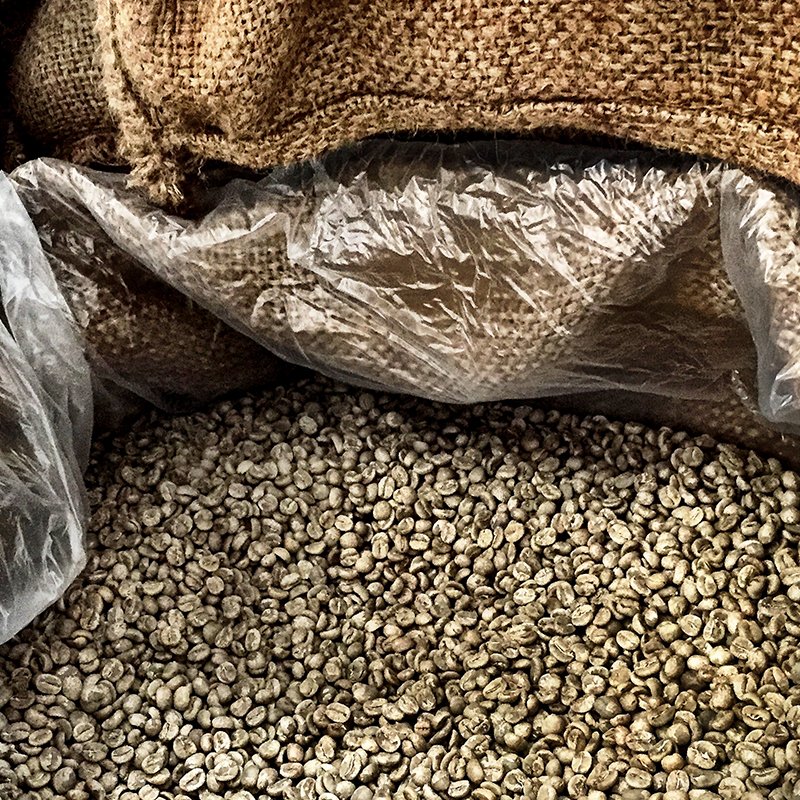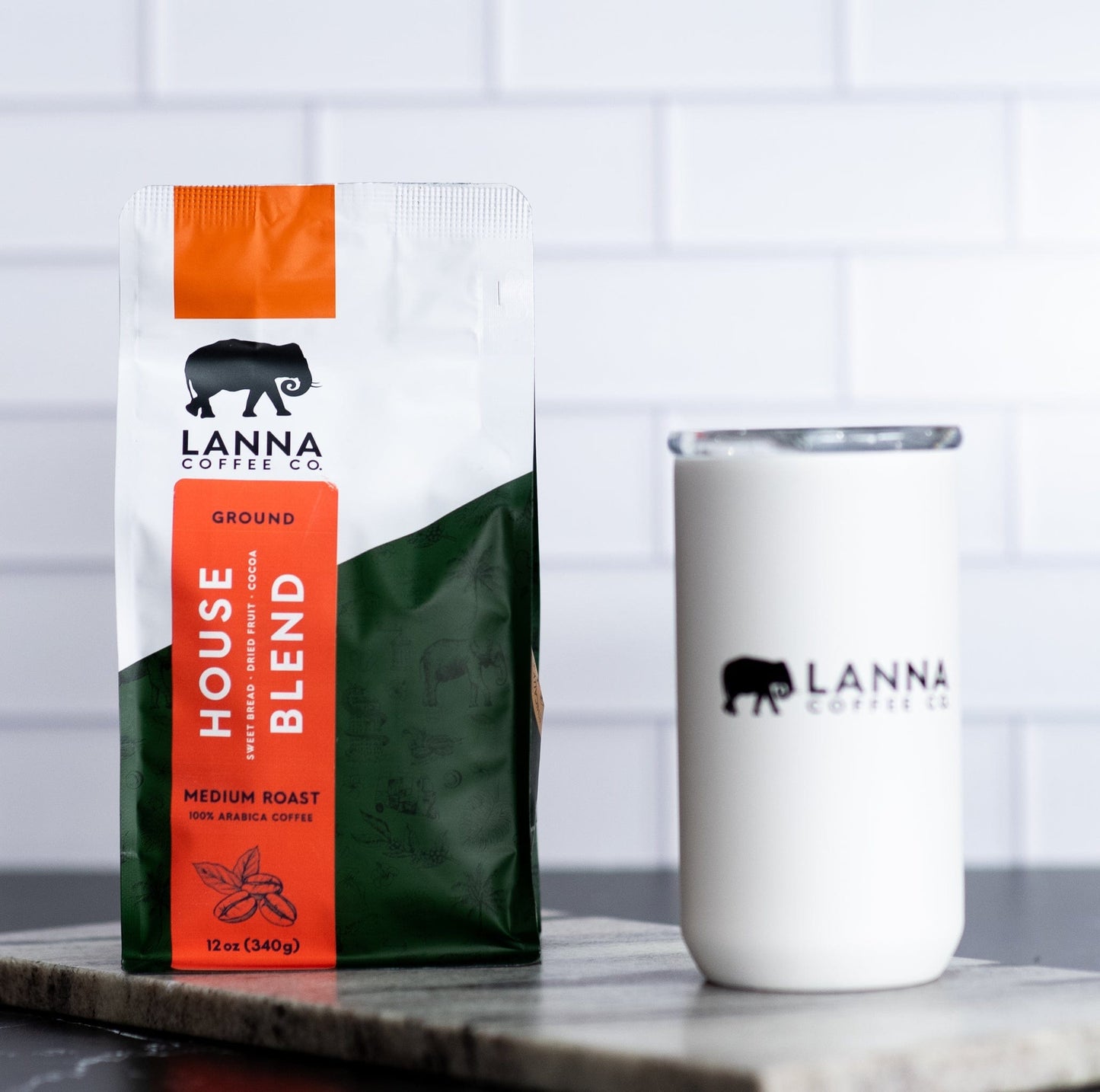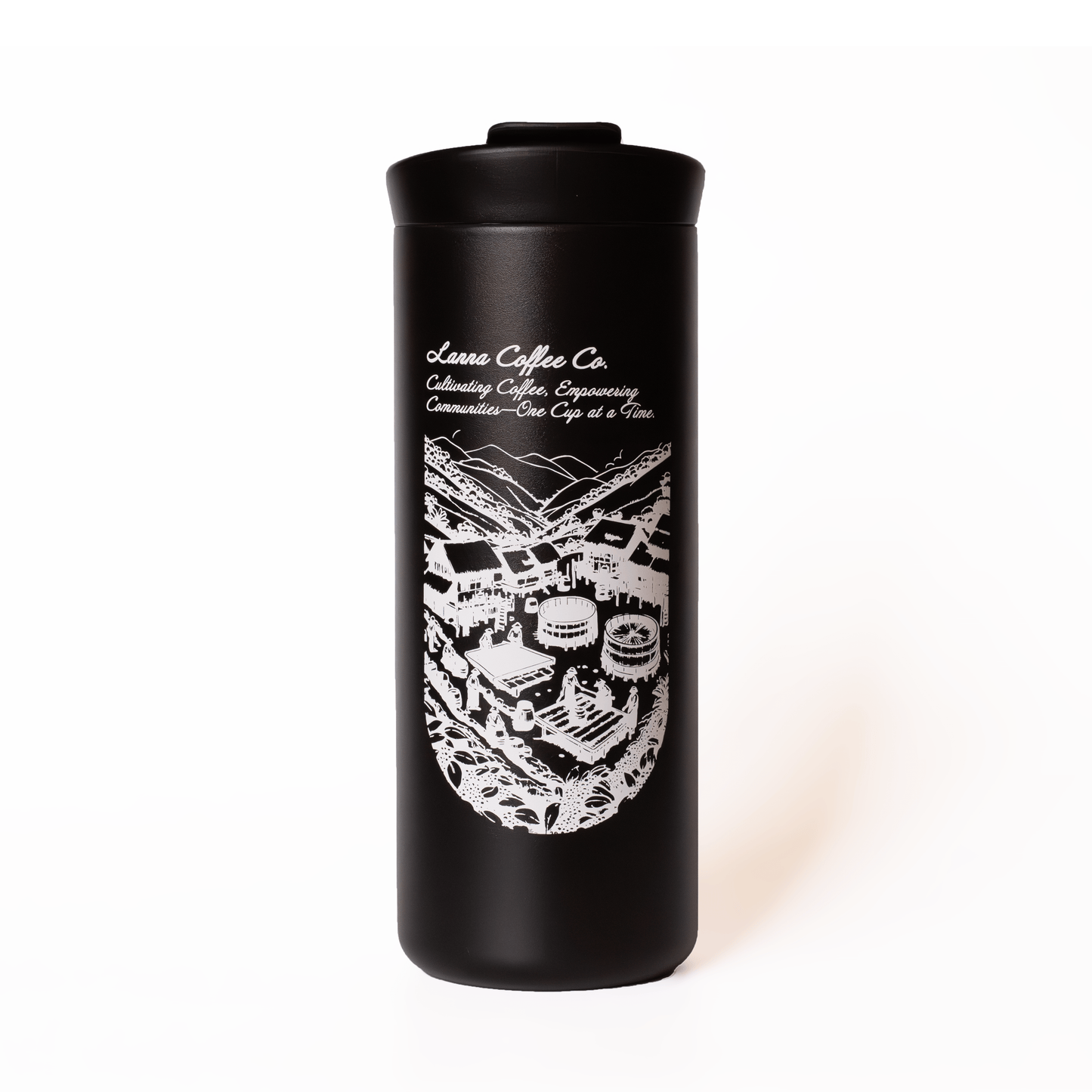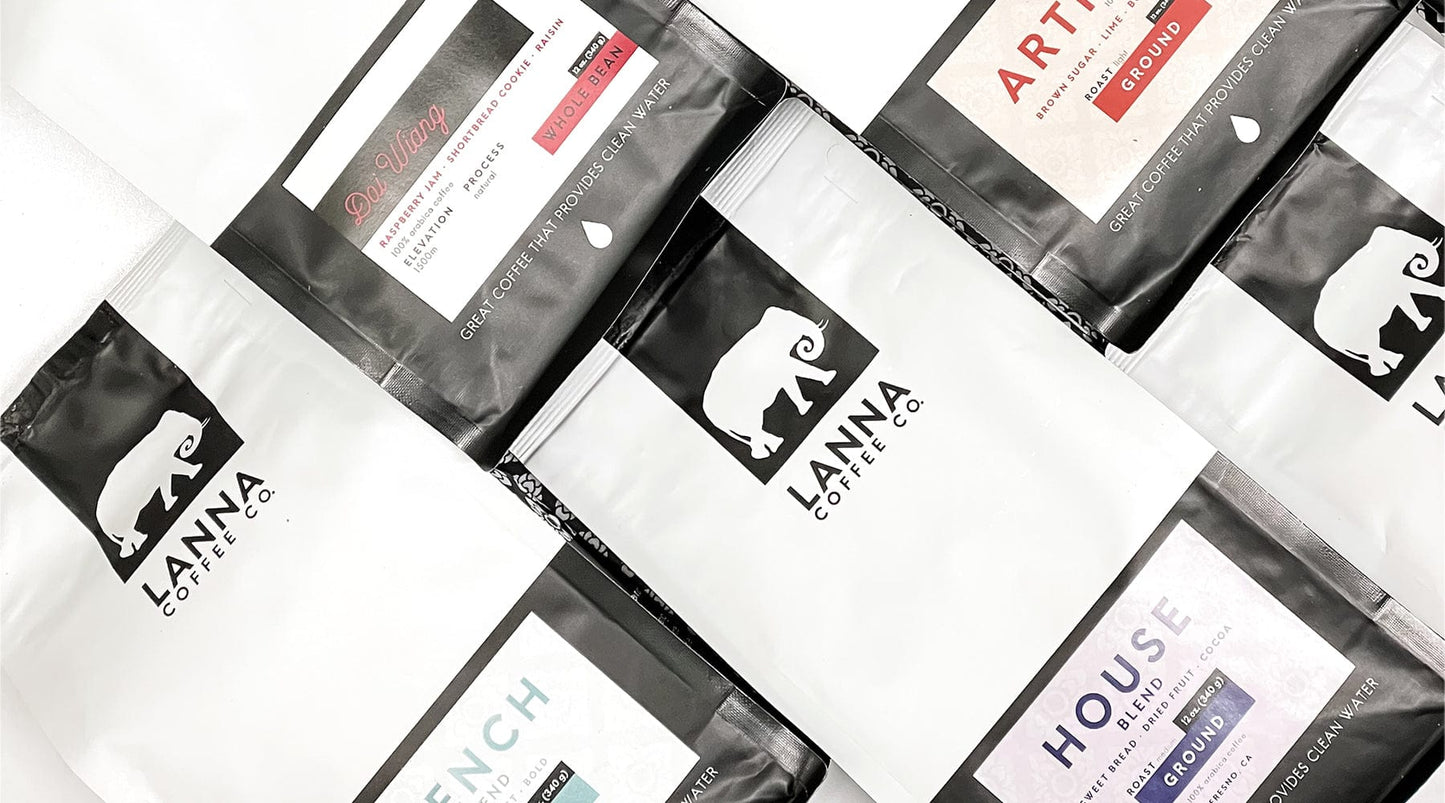
As a specialty coffee roaster, we’re periodically asked about the origin and condition or our coffee beans. More specifically, we’re often asked if we sell fair trade coffee. We’re happy to answer these types of questions as they reflect important changes in consumer behavior. The first is that, in general, consumers are taking a keen interest in the manner in which their products arrived at their doors. Through this process, businesses are encouraged to evaluate their supply chains with a critical eye if they are to sell to today's consumers. Secondly, there is a more specific focus on the coffee trade and making meaningful improvements that benefit everyone in the coffee supply chain.
WHAT IS FAIR TRADE COFFEE?
We’d like to explore two concepts that are increasingly confused in the coffee lexicon: direct trade and fair trade coffee. While the fair trade concept has been around for some time, it wasn’t until the 1980s that coffee was included in the fair trade model. Fair trade is a movement that focuses on fair pay and ethical treatment of producers in developing countries when they export their goods to the developed world. The designation of fair trade is regulated by a set of standards by Fair Trade International as well as other nonprofit organizations to help ensure certain practices are followed. In addition, fair trade helps to set a price floor, allowing farmers to achieve a consistent level of profitability. As a commodity, the price of coffee beans is extremely volatile and is affected by the basic economic principles of supply and demand. The correcting nature of markets, such as high-prices encouraging an increase in supply, produces extraordinary burdens on coffee farmers. Eventually, the amount of coffee available becomes over-supplied, which in turn decreases the price that coffee buyers like importers and roasters are willing to pay for coffee beans. Due to the long cycle time associated with coffee production, this can result in coffee farmers being forced to sell their coffee beans at a loss. Fair trade is designed to help alleviate this problem by creating a pricing floor as well as providing coffee farmers with access to new markets.
WHAT IS DIRECT TRADE COFFEE
Direct trade, by contrast, is more of a philosophy versus an organization that certifies producers. So there isn’t a direct trade coffee certification like there is for fair trade coffee. Instead, standards are regulated by individual companies and prices are negotiated directly with each coffee producer. So direct trade refers more to the relationship between the buyer and seller. The buyer, typically a coffee roaster, purchases the coffee beans directly from the farmer instead of an intermediary.
FAIR TRADE VS. DIRECT TRADE COFFEE
You may be asking at this point, “Why don’t these coffee roasters simply purchase Fair Trade Certified coffee beans?” Since the fair trade certification provides a stamp of approval regarding the quality of the farms, why should coffee roasters deviate from this already established practice? That’s a great question, and to answer it we need to go back to our discussion of economics. Let’s say you operate a coffee farm that produces a variety of different coffee beans. Some of your coffee beans are very high quality and some are average quality. Intuitively, our market-centered minds understand that the higher-quality coffee beans should command a higher price compared to their lesser quality counterparts. Farmers, of course, are not immune to economic incentives. Fair-trade certified coffee is sold at a premium of 40% above the C-Market coffee rate. So if the C-Market rate for coffee is $1.00 per pound then the fair-trade price would be $1.40 per pound. For the sake of this example, let's say that the market price for the farmer's higher quality coffee beans is $2.80. How should the farmer allocate their coffee beans? In this case, the coffee farmer will most likely sell their higher quality coffee beans at market prices, while selling their lower quality coffee beans at the fair trade price. This doesn’t necessarily mean that all fair trade coffees are of low quality, but it is worth noting that there is an incentive in place. As a result of this dynamic, many coffee roasters shifted their sourcing to direct-trade coffee. In fact, the direct trade movement began with popular specialty coffee roasters like Stumptown and Intelligentsia looking for opportunities to source higher-quality coffee.
Another added benefit is that direct trade, unlike fair trade, doesn’t require a costly certification. While this may not be an issue for larger commercial coffee farms, each of the coffee farms we work with in Thailand are family run and located in remote areas. Suffice to say that the cost of a fair trade certification would be difficult to absorb given the small size of these coffee farms relative to commercial farms. Not only do our partners receive greater pay, as we pay on average double the price of fair-trade certified coffee, but they get to keep more of that money as well by not paying for costly certifications.
Does this mean that direct trade coffee is better than fair trade coffee? Unfortunately, each situation is different and there are many factors to consider. So it would be impossible to make such a broad claim. What’s important to us at Lanna Coffee is that we source the best coffee we can find and that we respect the interests of those that we’re fortunate enough to work with. We don’t believe that these interests are mutually exclusive. This is why we work directly with our farmers in an effort to develop long-term relationships. We feel that this also benefits the consumer, who gets a great coffee and a story they can connect to. Does this mean that fair trade coffee isn’t worthwhile? Absolutely not. Both fair trade and direct trade have their merits and help focus on improving the standing of small coffee farmers. What is important though is that consumers understand what “fair trade” means and that the lack of such certification doesn’t automatically mean you’re brewing subpar quality coffee beans.
THE REASON WE SELL DIRECT TRADE COFFEE
Both fair trade and direct trade are important to ensure that farmers are getting what they need and are fairly compensated for their hard work. What is important to us at Lanna Coffee is that we source the best coffee we can find and that we respect the interests of those we are fortunate enough to work with. We choose to source direct trade coffee because it’s better for our farmers. Doing so allows us to cultivate long-term relationships with our partners, pay well above market value for our coffee, and get a product that we’re excited about. We also believe this benefits the consumer, who gets to enjoy great coffee, connect with a story, and know that they are contributing to real change with every sip.
If you’d like to learn more about Lanna Coffee and our mission, check out our story. You can also browse our coffees, including our blends, single-origin coffees, cold brew, and equipment.
- “Fairtrade Coffee: Fairtrade America.” Fairtrade Coffee | Fairtrade America, fairtradeamerica.org/Fairtrade-Products/Coffee.
- Haight, Colleen. “The Problem With Fair Trade Coffee (SSIR).” Stanford Social Innovation Review, Stanford Social Innovation Review, Aug. 2011, ssir.org/articles/entry/the_problem_with_fair_trade_coffee.
- Latta, Peter. “Direct Trade: The New Fair Trade.” Global Societies Journal, 21 Oct. 2014, escholarship.org/uc/item/66k9b4km.
- “Why Fair Trade - Why Buy Fair Trade.” Fair Trade Certified, www.fairtradecertified.org/why-fair-trade.




